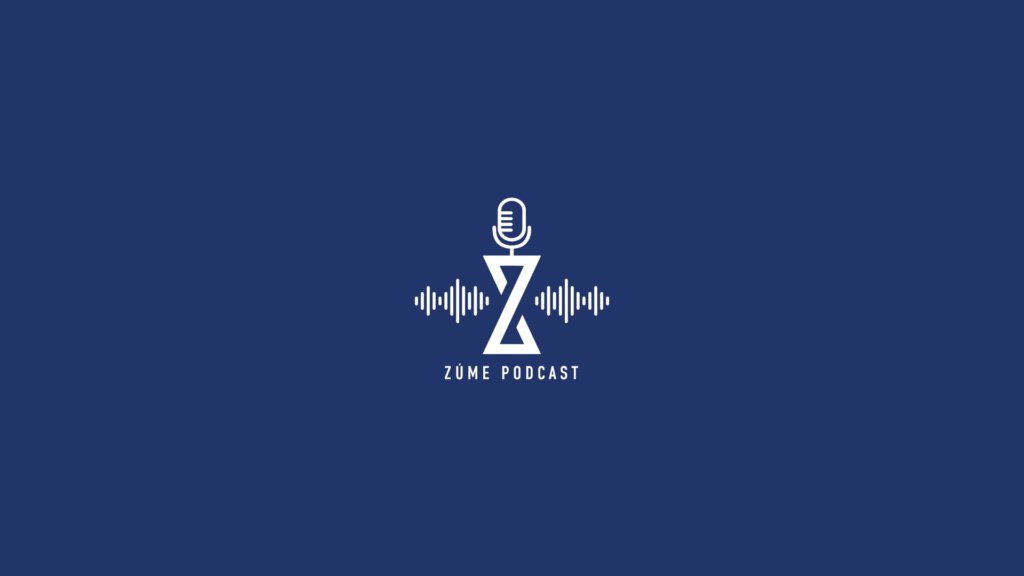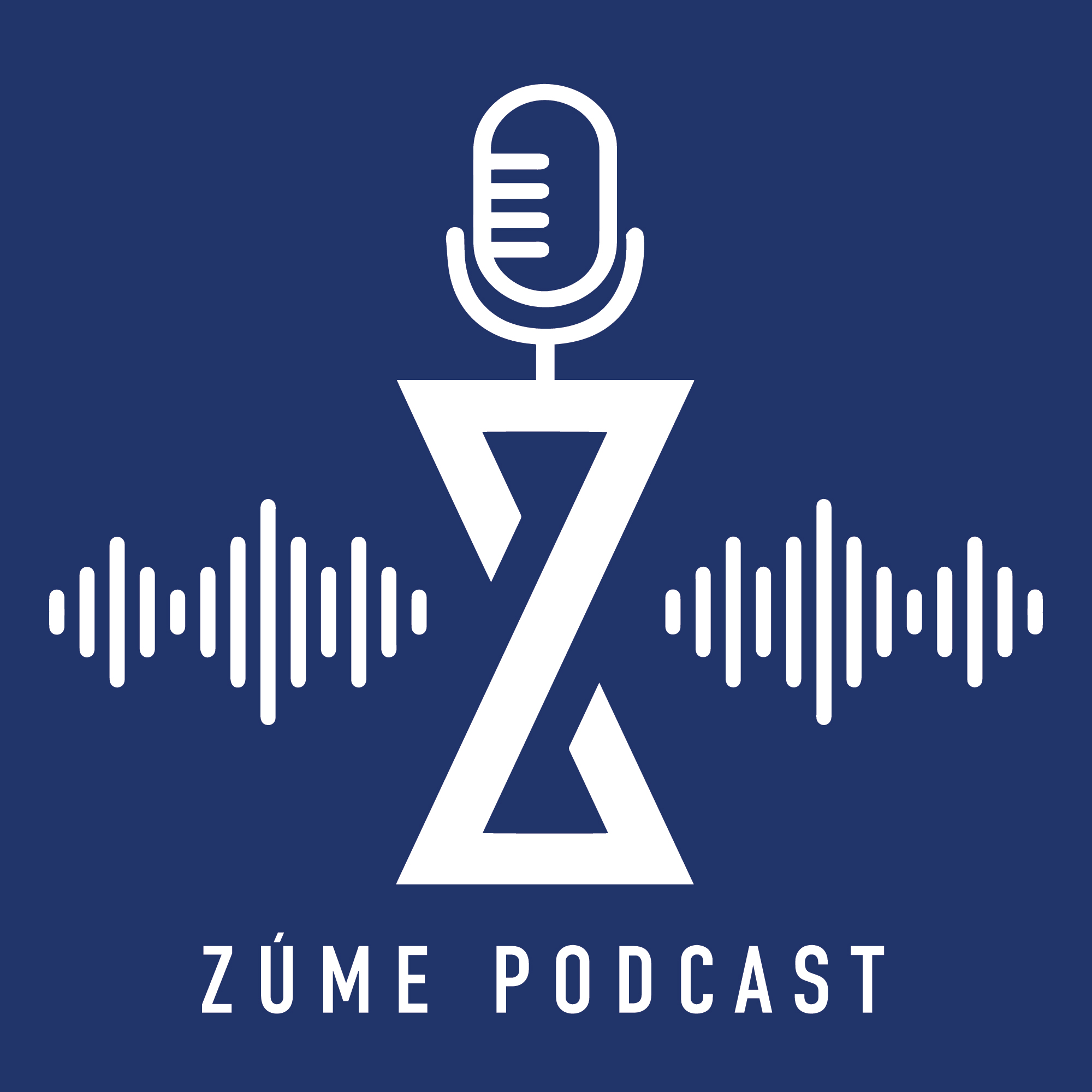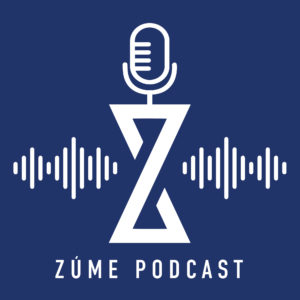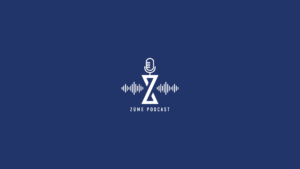Terry and Amy Ruff – Disciple Making Movements in Africa and Oral Cultures
Description
 </figure>
</figure>Episode Description
Terry and Amy Ruff have a long history of movement leadership in West Africa. Their leadership team has been training Zúme before it was Zúme, but now with Zúme they overcome the challenges of illiteracy, poverty of media or internet access, and other challenges to see fruitful multiplication.
People who do not read and write can be underestimated regarding what they can do as disciples. But Terry and Amy are seeing these oral learners succeed in faithfulness and disciple-making, if time is taken to serve them in ways they can access the training.
Training cross-culturally requires patience and discernment and ends up meaning investing in the few.
Episode Transcription
Narrator: Let’s kick it off by hearing what you are excited about right now in your Zúme ministry.
Terry: Well, about the time COVID hit a year ago, or a little over a year ago, I was wondering when we would come to the US. Because of health issues I have to come every 6 months to have the doctor checks and stuff. What we were going to do? I knew we could do some meetings with Zoom. But I immediately found out that with Zúme coaching I was coaching people all over the continent of Africa. The excitement we’re both having is those that are committed and get it and implement it. And you have to sometimes train and coach a lot of people before you find those but that’s what I’m most excited about. What about you?
Amy: I just finished a session with 4 ladies in Kenya and they had already started some simple churches. Like a DBS. We trained in the tools in Zúme, they were very excited and started implementing them right away. They’ve already started training several of their leaders and multiplying the simple churches there in their area in Kenya. Really exciting stories of transformation. It’s pretty exciting.
Narrator: That’s great!
Terry: There’s about 7 people that are implementing of the ones that I’ve been coaching. The one I’m most excited about already has a district set up in Rwanda where he has leaders in those areas. He said he’s like to the second or third generation and some of them are going to third generation. He’s just a young kid but he does everything that Zúme says to do. He’s just so excited that he’s seeing results like that.
Narrator: Amen! So how did you all first connect to Zúme?
Amy: Well, we were trained in February of 2015 with Curtis Sergeant in Burkina Faso. We took two of our main leaders and they were just super excited developed their vision and went back to implement it. We’ve been connected with Curtis, Eric Darry, and different people with Zúme. Zúme incorporates all of the tools that we use in our disciple making movement but we don’t use Zúme on the field per se.
It’s all oral so we’re not using the the app or the online training but we are using all the same tools. So they started doing that and
then Terry and I got connected to being Zúme coaches. That’s when we got involved, when Zúme came online.
Terry: The thing that’s hard for a lot of people to understand is that, particularly in our context where it’s a village context where 80% of the people can’t read so it’s a totally oral culture, people know several languages so they’re very intelligent. It’s not an issue of whether or not they can do it, it’s an issue of they didn’t know they had permission. So when you approach a Muslim background person and they’re living in a village, they just want whatever help they can get to survive. Because where we live the poverty situation is pretty extreme as well. Mud huts and thatched roofs are very common. And they’ll have phones but they don’t have smartphones, so all of our key leaders in the different countries that we’re in have basically memorized Zúme by listening to it over, and over, and over. Then they repeat it with with the people they’re training until they have it memorized. Sometimes that’ll take a while. You have to have monthly meetings and use a tool called the coaching checklist to see how they’re doing and also different tools. But what we’re finding is they just run with it and when they find out that they can baptize people, they have tools to lead someone to Christ, to facilitate a discipleship group, etc. then they go out and share it with their friends. So it’s pretty neat to watch that at work.
Narrator: Amazing. So how has it gone from you all having the training before Zúme existed and you were putting it into practice by sharing with others and then Zúme came online and you all have been running with it and coaching others? How has it spread, like you said, all over Africa? How did that happen?
Terry: Well, when the Zúme coaching started and we went back home to the US because of COVID over a year and a half ago or whenever COVID first hit, we came not knowing exactly what was going to happen. And in that process they started assigning me people that they had in Africa. They run ads and people check that they’re interested in a coach and if they’re in Africa, they send them to Amy and I. Amy’s approach is different than mine, but I personally I like the one-on-one. So I have one-on-one appointments once a week to go through the 10 lessons. Then I go to a monthly coaching after that. I encourage them to follow up on the the 3 month plan that they’re to do at the end of the training. To those that implement, I continue to pour my life into but to those that don’t I tell them “sorry”. From the beginning I tell them “if you don’t implement then I will not waste my time or your time”.
I mean, I’m at an age where I could care less if they don’t agree with that because we got to get the job done. That is, reach all of the continent of Africa and africans, and finish the Great Commission. I think that they’re very capable of doing that.
Narrator: Amen. How about for you Amy? What’s been your approach?
Amy: Well, I like the class with the group. I like the interaction between the participants when we go through the discipleship training. It is difficult sometimes to find implementers, but everyone really appreciates the training. So if they’re implementing their 3 month plan at the end then I’ll follow up with them on monthly coaching like Terry does. Terry also gives them a lot of extra tools too. He really helps them because most of the africans are working in oral cultures. So he’ll give them downloads of languages for all the different tools that are out there like the the audio Bibles, the Jesus film, lumo and whatever he has. He’s made a collection of a lot of languages and a lot of oral tools.
Terry: I have them on my Dropbox and I just give them a link to the specific language in their area that they can download (if they have Internet bundles to do that). It’s a challenge, but for the most part our experience has been that most people underestimate somebody that can’t read and write. So why try to help them understand the Bible because they’re not qualified? That really is the belief of the traditional church in Ghana. I think most people would think you’d have to have somebody that at least can read and write. Well, tell that to Jesus! I mean, Peter, James, and John, his inner circle were unknown fishermen. He lived in an oral culture as well and it was a real privilege if you had education like Matthew, Luke, Paul… but the majority of the people were just like the people living in Africa. They had no access to education.
So I spent a lot of time emphasizing playing their strengths. They’re oral learners. If they can hear the Bible they’ll listen to 25 chapters a week if you tell them to. If they’re muslim background believers, they ask “What am I supposed to do?”, and you tell them and they do it. It doesn’t always work that way with church people in Ghana because we have a lot of traditional churches that meet right there where we live.
But there’s no unreached people going to them. Members are all from tribes that have a high percentage of Christians and are open to Christianity. However, if you’re from like a tribe like the Gonja which is the tribe we’ve been focusing on, they resist. I mean, they will reject you from the family if you go to a church building.
It’s been interesting seeing how things work. The focus is on the many unreached people that are in the same position where they can’t read and write, also there are so many ministries that have spent decades creating







